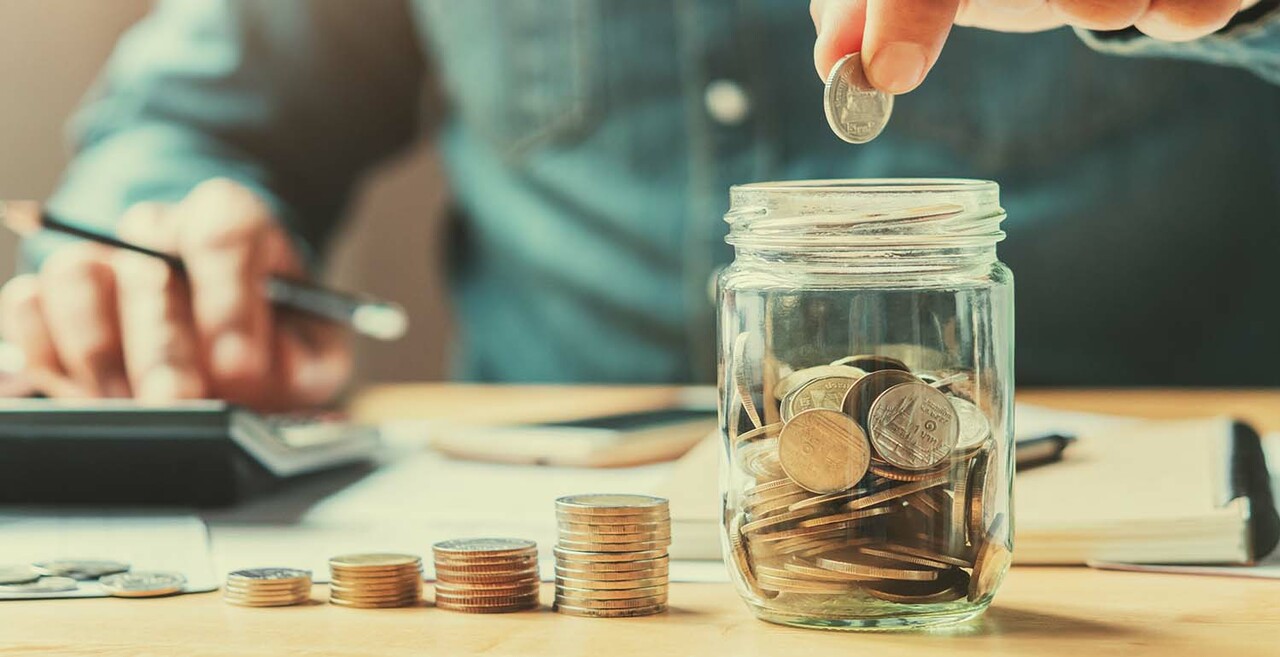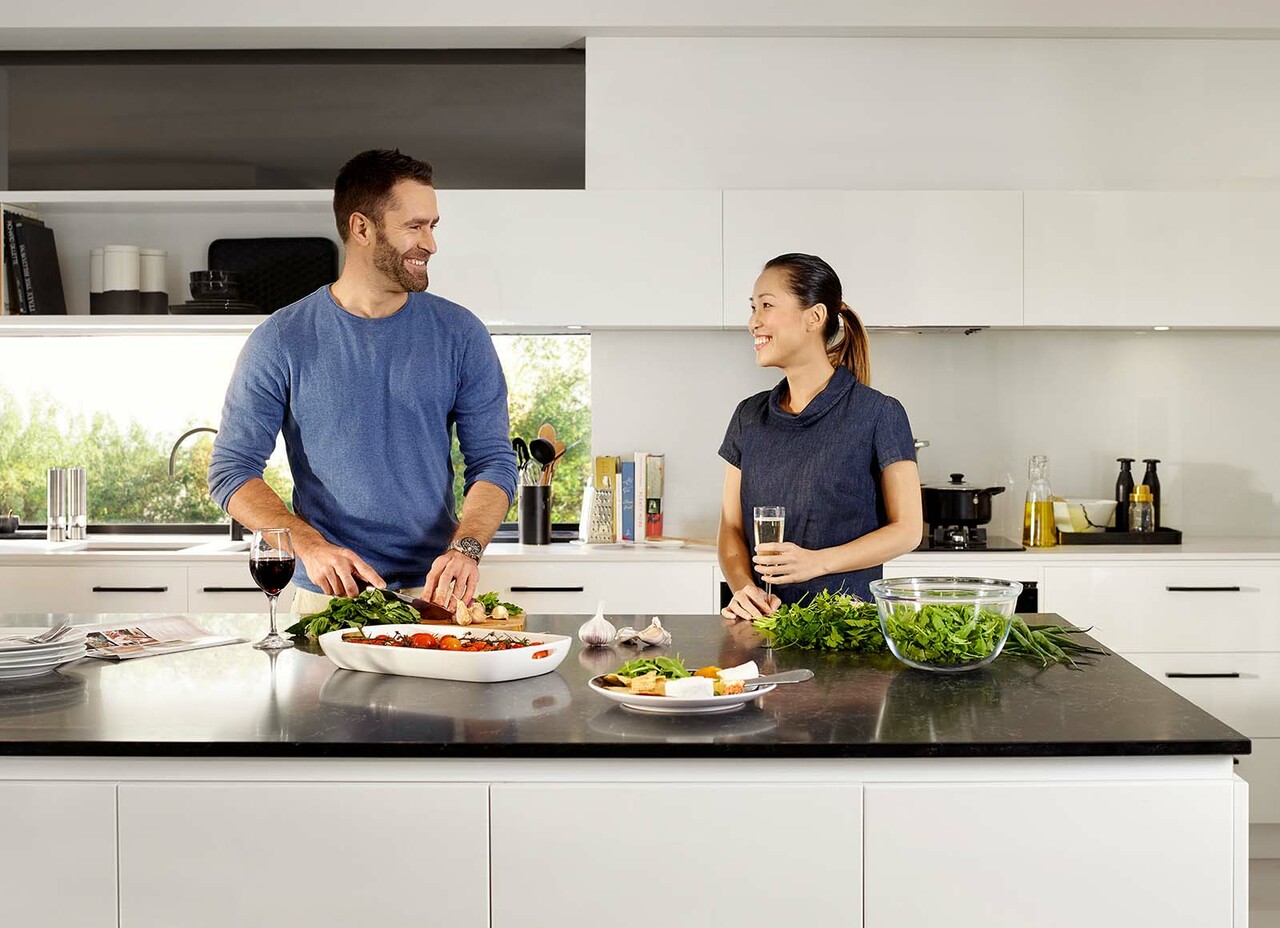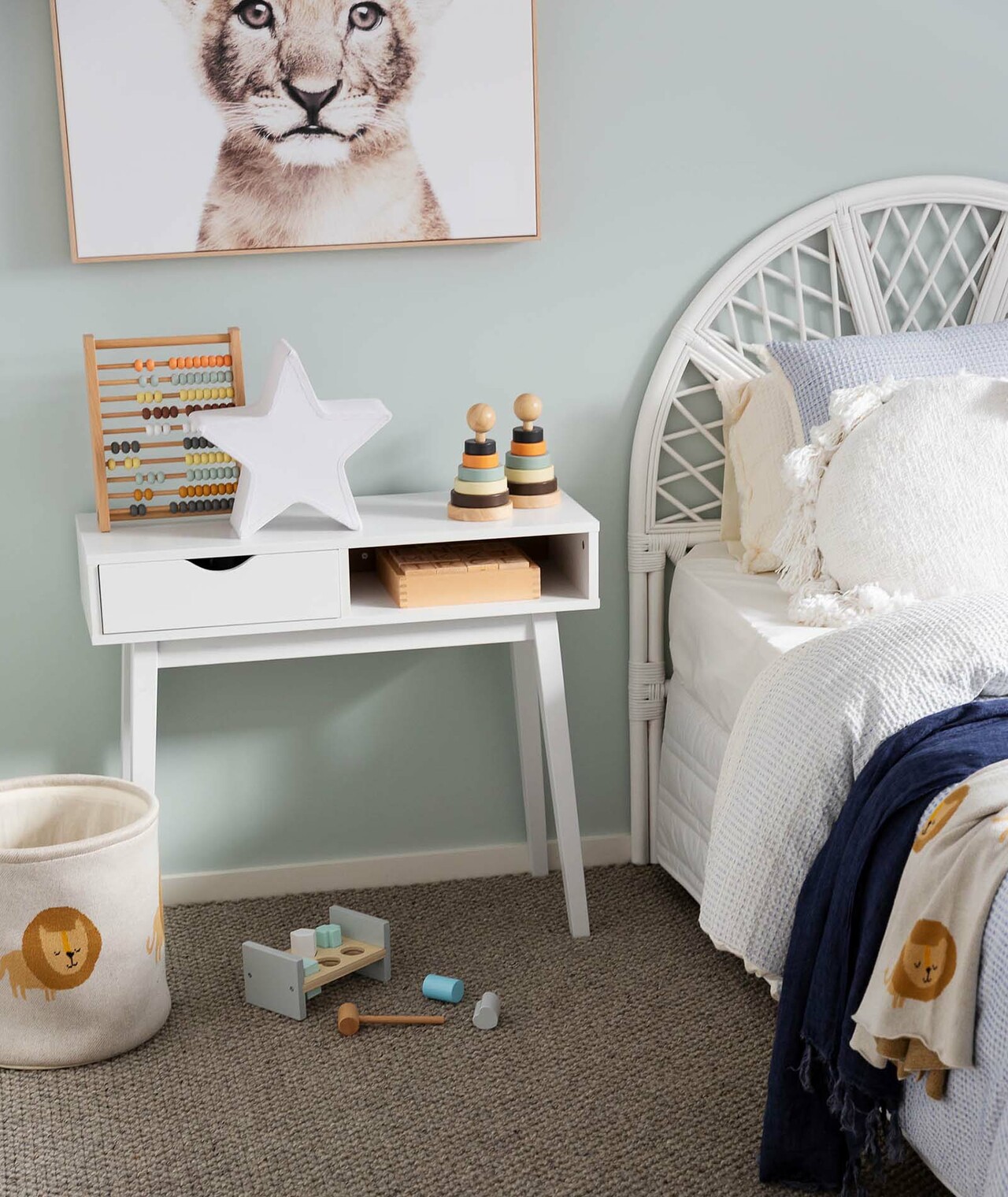22 Tips to Save Money for a House

Looking to buy your first home?
Here are 22 quick tips to help you save the money to buy a house.
1. Meal plan
Food is the second largest living expense in Australia after housing costs. Meal planning is an excellent way to avoid impulse spending whilst sticking to a budget. Cut down on your grocery bill with some simple planning. Make a list before you go to the supermarket and stick to it. If you’re likely to be tempted by specials and eye-level treats, consider online shopping instead.
2. Batch cook
To avoid the temptation to use food delivery services, batch cook on the weekend. A large pot of bolognaise sauce or soup will store well for quick weeknight meals.
3. Buy seasonal
Fruit and vegetables can be a fraction of the price if you buy them in season. Plus, they taste better. Utilise independent green grocers instead of supermarkets, which make it easier to see what’s in season. And try going near the end of trading hours, when stallholders are often selling boxes of produce at bargain prices. These slightly less-than-fresh vegetables go perfectly in a stock pot or soup and will keep you happily fed.
4. Choose cheaper cuts
For meat, choose cheaper cuts like chicken, mince or kangaroo. Cheap cuts of meat are ideal for slow-cooked casseroles or homemade soups. Tinned fish is significantly cheaper than fresh, although there are some bargains to be had in the frozen aisle. Tofu is another excellent source of protein, and can be used in a huge variety of meals.
5. Become your own barista
A bag of coffee beans and a good quality keep cup can save you a fortune in cafes. If you’re in the habit of buying a $5 coffee every morning, try making your own instead. There are a plethora of easy-to-use coffee machines on the market, but a humble plunger will also do the trick. Each coffee you don't buy is one step towards better savings for your first home.

Some simple planning when it comes to meals and groceries will cut down expenses, save money, and help you save for your first home.
6. Shop around for insurance
Car, home and health insurance can add up fast. Give your providers a call and see if you’re still on the best deal they can offer. Check-in with the competition: you can often get a better deal by switching companies.
7. Hold an online garage sale
Most of us are holding onto possessions we no longer need. Get decluttering and put unwanted items on eBay or Marketplace. Even if you only get a few dollars for each, it can add up fast. Bonus: your place will feel bigger and cleaner!
8. Use reward points
With a little discipline, credit cards can save you money. Choose one with generous reward points, put all your regular expenditure on it, and set up an automatic direct debit so that it’s paid off in full every month. You can redeem the points for household items, gift cards or to save on travel. Just be aware that some reward point options come along with hefty annual fees. Do your research first to make sure this option will save you more than it costs.
9. Borrow instead of buy
Join your library for an endless supply of free books. Toy libraries are another great option offered by many councils and volunteer organisations. These operate just like book libraries, and are a great idea for those with young kids: borrow that huge ride-on truck for a week and return it when your child is bored. Find one here.
10. Trade or swap with friends
How many things do you buy, only to use once or twice? Clothing, tools and camping gear can all be swapped with friends or borrowed when needed.
If family and friends don’t have what you need, check out the growing array of share-economy apps. The Volte allows you to rent out unused fashion, while Parkhound offers private parking spaces as a cheaper alternative to expensive city car parks. FoodByUs links hungry people with home cooks, while Fiverr connects buyers with almost any service they could want.

Need a new supply of toys, books or clothes, without breaking the bank? Try borrowing, trading or swapping, instead of buying. You'll be in your new home sooner than you think with these money saving tips. Featured here: Thornleigh, Newhaven Estate, Tarneit.
11. Repair before you replace
Shoes and clothes with minor repair problems don’t need to be thrown away. Take them to your local cobbler or get out the needle and thread for a free fix.
12. Buy secondhand
If you do need to buy things, look for secondhand options. Furniture, clothes and electronics all come with a steep discount if they’ve been gently used.
13. Take housesitting holidays
Ask interstate or regional friends if they’d be up for a reciprocal housesitting arrangement. You get a holiday in the country, they get some city shopping in, and everyone gets peace of mind that their place is being looked after.
14. Conserve your energy
- Turn off appliances at the power point rather than keeping them on standby
- Wash clothes on cold settings and line dry
- Turn off lights in rooms you’re not using or use energy-efficient CFL light bulbs in place of old-style incandescent or halogen light bulbs. These can use up to 75% less electricity.
15. Turn down the thermostat
In summer, keep your air conditioner at 24 degrees or higher. For every degree cooler, your air conditioner uses an extra 10% of power. In winter, it should be no warmer than 20 degrees. Wearing an extra layer or using a cosy throw blanket is a far cheaper way to keep comfy. If you want to feel extra cosy, invest in a heated blanket and/or thermal clothing: heating yourself is much cheaper than heating an entire space.
16. Block draughts
Block draughts to keep heat in in winter or to keep the heat out in summer. There are lots of options to explore here, from bargain-basement draught excluders to pricy - but very effective - double glazing. If you’re saving to build a new home, use the opportunity to think about insulation right from the outset and save money down the track.
17. Avoid impulse buys
Have a tendency to buy before you think? Make it harder to get to your money and dodge the impulse buys. Cut up your credit card, turn off the promotional emails and keep your money where it’s hard to access. By pausing before you buy, you’ll be able to decide: do I really need that, or is the money better off in the bank?
18. Cancel unused subscriptions
Go through your statements. Are there old subscriptions you’re no longer using but have forgotten to cancel? Each might only be a few dollars, but they add up fast.

A great tip on saving money for a house: Consider planning a no-spend weekend once a month and get closer to your dream home sooner. Featured image: Cottesloe, Minta Estate, Berwick.
19. Check for free events
Laneway art installations, free lunchtime concerts and beautiful botanic gardens: there’s plenty to do and see around the city without spending a cent. Or explore local museums and art galleries: while you may have to pay for certain exhibitions, there is plenty of free culture for adults and kids to enjoy. Discover what’s on at the NGV and check out the latest Melbourne options here.
20. Walk or cycle
Do you really need to take the car every time you go out? Save on petrol and parking fees by walking or cycling where possible. Bonus: it’s better for your health. Public transport and carpooling are also great options. Or strap on some hiking boots and explore the great outdoors. Choose your next adventure at Parks Victoria.
21. Throw a games night or movie marathon
Instead of heading out with friends or the family, crack out the marshmallows and popcorn, gather some beanbags and quilts, and get ready for a cosy evening in. Watch some movie classics or bust out Charades, Pictionary, or start an epic Monopoly battle.
22. Have a ‘no spend weekend’.
Can you go an entire weekend without spending money? Set yourself the challenge and see how you do. You might be surprised at what you come up with, and it will help solidify good habits going forward.
Saving money for a house deposit can feel like a huge mountain to climb. Each of these tips is another step forward towards buying your first home. Keep going, forgive yourself for stumbles, and you’ll be there before you know it. Our Mortgage Calculator can help you determine how much you need to save for a deposit based on your desired loan amount. For more tips on saving for a house, discover ten budgeting tricks to boost your savings here.
For more information, speak to one of our in-house construction finance specialists on how to get into your new dream home faster. Or explore the Finance section of our Home Files blog for more tips and tricks on saving for your dream home.
